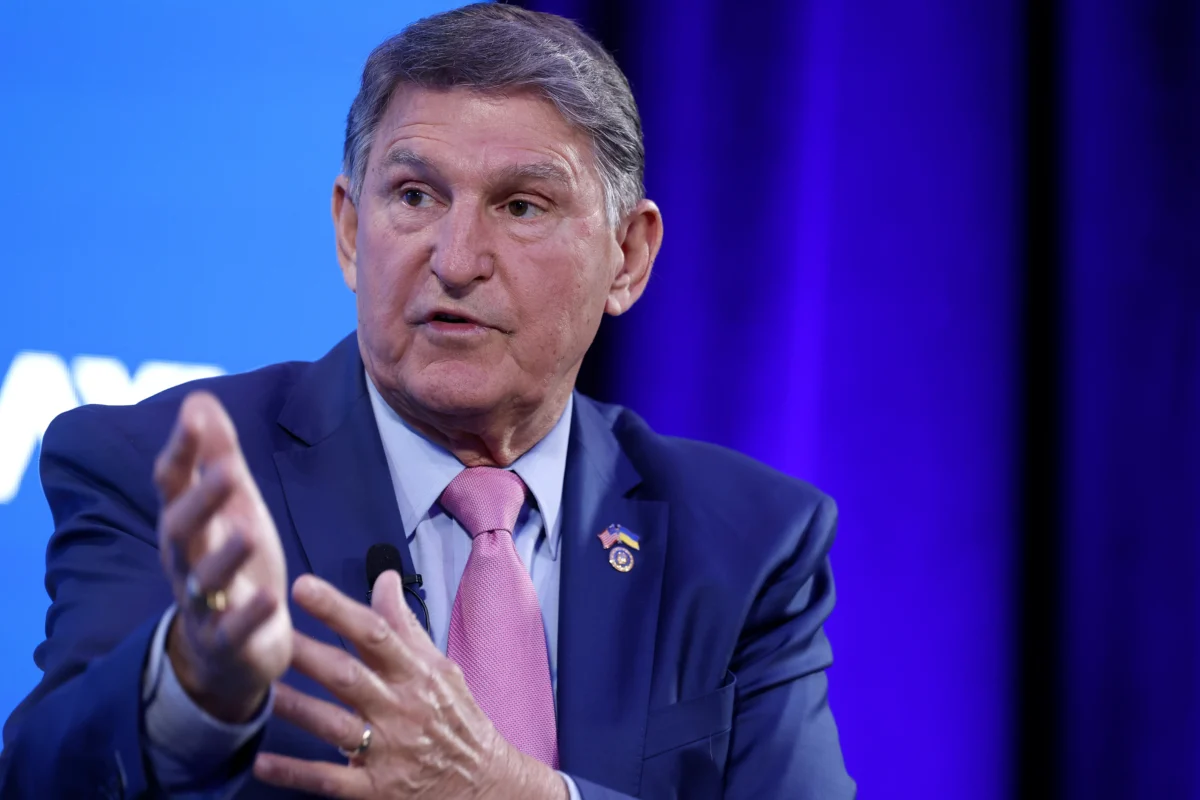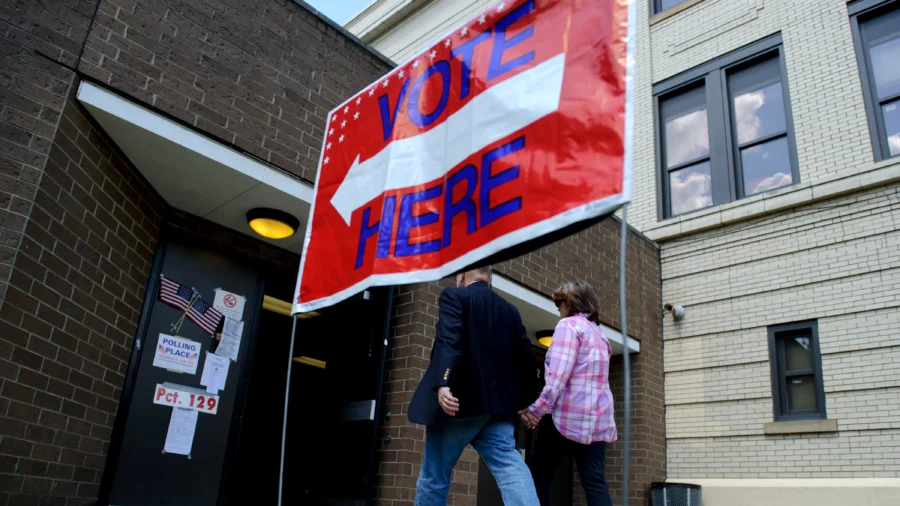Early voting began on Wednesday in West Virginia, a state primed to play a major role in deciding which party gains control of the U.S. Senate when the 119th Congress is sworn in on Jan. 3, 2025.
Republican Gov. Jim Justice is running against Democrat Glenn Elliott, the former Mayor of Wheeling, to replace Sen. Joe Manchin (I-W.Va.), who is not seeking reelection.
Former President Donald Trump, whose populist economic message has resonated more strongly in West Virginia than in almost any other state, is nearly certain to win its four Electoral College votes.
The most recent West Virginia polls on FiveThirtyEight, conducted by Research America in August, depict a potential Republican blowout, with Trump leading Vice President Kamala Harris by 27 points and Justice beating Elliott by 34 points.
A longtime Democrat, Manchin first won the seat in a 2010 special election after the death of Sen. Robert Byrd (D-W.Va), who served 51 years in the Senate. Manchin was also state Governor for nearly six years before he became a Senator.
Manchin formally left the Democratic Party in May and has since described himself as an independent. Although he helped his former party keep a 51-49 advantage in the chamber, he had become an unreliable ally for Senate Democrats in recent years, often proving a swing vote for nominations and legislation.

The three other independent Senators currently serving—Senators Kyrsten Sinema (Ariz.), Bernie Sanders (Vt.), and Angus King (Maine)—all caucus with Democrats.
Traditionally a Democratic Party stronghold, West Virginia has shifted firmly Republican over the last generation. Democrats haven’t won the state since Bill Clinton’s reelection in 1996.
The state government had been reliably Democratic, with the party dominating the U.S. Senate from 1959 until Republican Sen. Shelley Moore Capito was elected in 2014 as the Junior Senator, serving alongside Manchin.
Justice had previously been a Republican, but he ran as a Democrat in the 2016 gubernatorial race. He publicly switched back to Republican at an August 2017 rally with Trump.
West Virginia is home to 1.79 million people, with about 67 percent of them registered to vote, according to Sept. 2024 election data provided by the Secretary of State. Republicans registered to vote outnumber Democrats by 11.6 percentage points, while a quarter of the registered population are independents not affiliated with any party.
The governorship will also be decided on Nov. 5, as the current Republican Attorney General, Patrick Morrissey, takes on Democrat Steve Williams, the former Mayor of Huntington. Morrissey is leading Williams by 14 points, according to Research America’s August polls, and Election Day is now only 13 days away.

